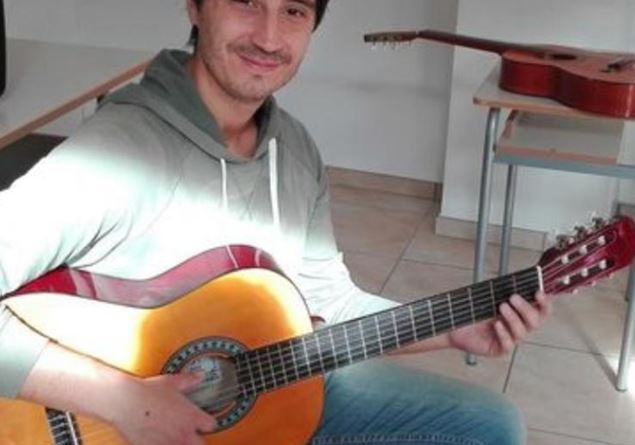In this period the debate on how to make prevention with respect to violent and toxic affectivity, especially of the male towards the female, is literally unleashing everywhere. The heinous feminicides of the last few days leave us astonished and dismayed. On many sides, a single theme is highlighted: the urgency of education to affectivity in schools. But is this really the most suitable focus on prevention? Can you really think that doing activities and insights to school on affectivity and sexuality is the solution?
Unesco also underlines the importance of emotional and sexual education as a right to health and in order to achieve full respect of human rights and encourage gender equality. The value attributed to emotional-sexual education is certainly undeniable. We continually feel the accusation of the Italian school system to be a tail light compared to the introduction of this “subject” at school. Yet the numbers do not speak of a significant decrease in feminicides in other European countries, including the Sweden specimen, where affective-sexual education has been made at school for years.
Be careful, then, not to make fallacious reasoning. Effective-sexual education serves primarily to promote the culture of consent, gender equality, responsible sexual behaviors, respect for male and female. Do you prevent femicide? The data, as mentioned, do not prove it. We tell each other, perhaps, a beautiful fairy tale if we think of solving the problem by delegating (as always) everything to the school. The school creates culture, it certainly inspires young minds. Are the great classics, for example, are not a wonderful source of deepening and sharing of the complexity of affections, relationships, emotions? Reflecting with Petrarch on emotional dependence or loving shocking, isn’t it already education for giving words to feeling? This is already a prevention: to be able to give name and form to one’s feeling, sublimate one’s pain with art and creativity. Literature already humanizes. AND The school must feel invested above all of this task, that of humanizing. So, yes, certainly the protagonist, but not only and not so much with emotional-sexual education.
Let’s try to think how many years we have made, for example, education in schools against smoking. What results did you bring to? It is certainly a trivial example, but it helps to understand that theand roots of human behavior have much more complex explanations And that the education made at school (that, let’s face it, how is it experienced by the students? For how it is organized is often only an additional super-ego, distant and judgmental. I unrealistic to demand that a school so has very ascending on our children, except for the possibility of meeting virtuous examples of professors who know how to get close, inspire and do from pigmals.
So where to start again with reflection? The emotional development of each of us begins very early. Our relational style has, in fact, its roots in the first years of life, indeed, in the first months! Science has now widely recognized the formation of neuronal circuits related to empathy and the regulation of emotions starting from our attachment relationship with those who take care of us. In the family, therefore, relational styles and profound dynamics of emotional ties are formed. They absorb, breathe, they live. What we are teenagers and adults is largely due to the family environment in which we grew up. The so -called toxicity or criminal dissociation from feeling have to deal with the history of the person.
In the latest femicide of Ilaria Sula that occurred in Terni (but the same could be said of many other cases), we read these adjectives relating to the murder: cold, insensitive, shiny, controlled. Do we really think that education at school changes the mental functioning of people? Perhaps the most will remain disappointed, because having a solution at hand is much more reassuring than continuing to deepen such a burning and complex theme, which comes to put the family environment in the spotlight. The relational mind (Siegel, 2013) is formed in the family. And currently the family does not study enough. For each violent act, the study of family dynamics should be put to a systemof the trauma and the entire life of the manager. Only in this way can we hope to understand something and start making an emotional-sexual school, first of all, for every neogentor. This is true prevention.










